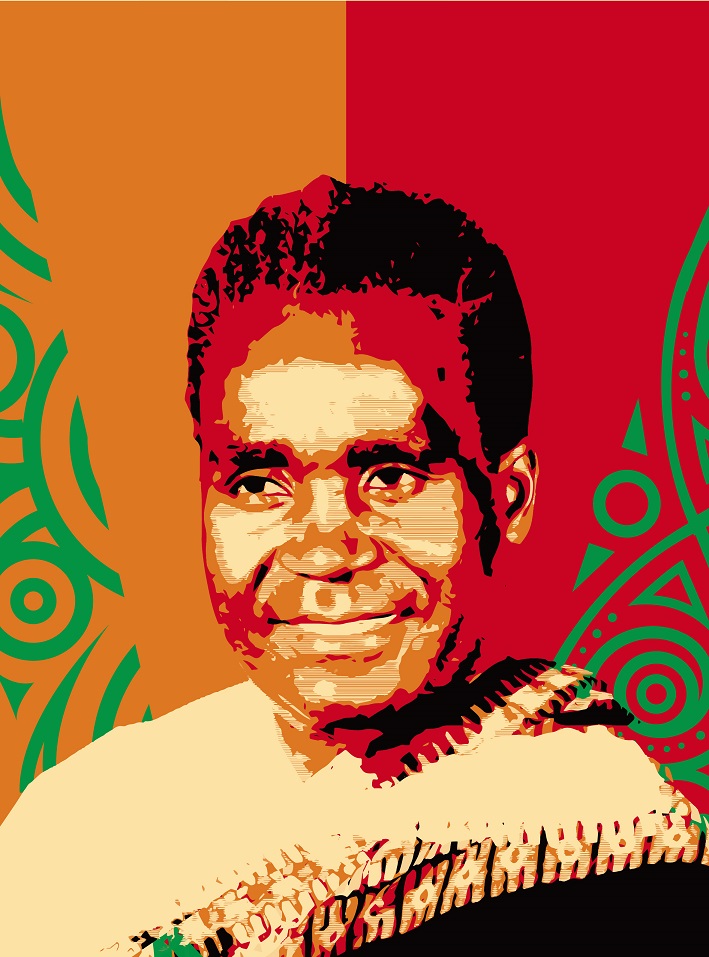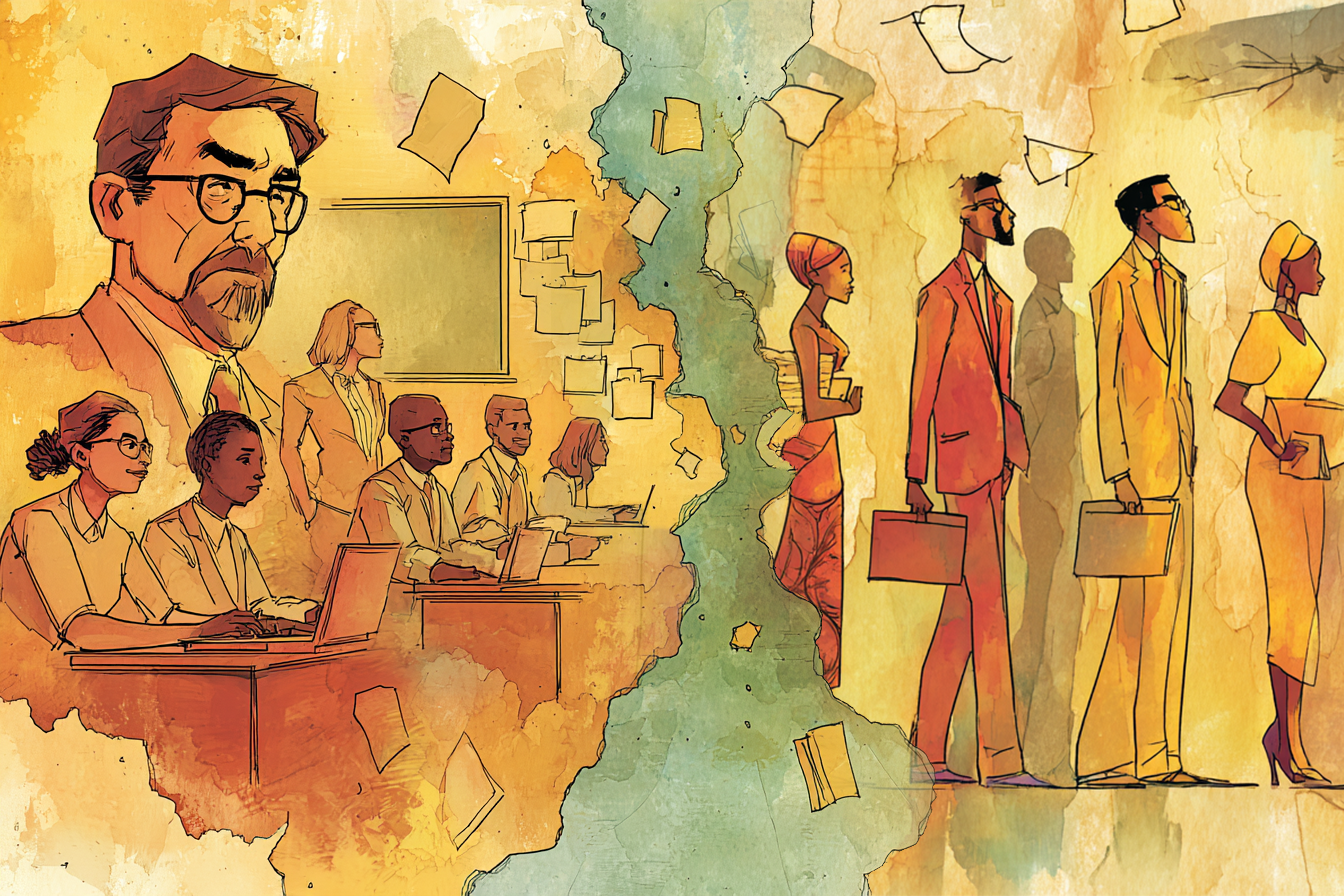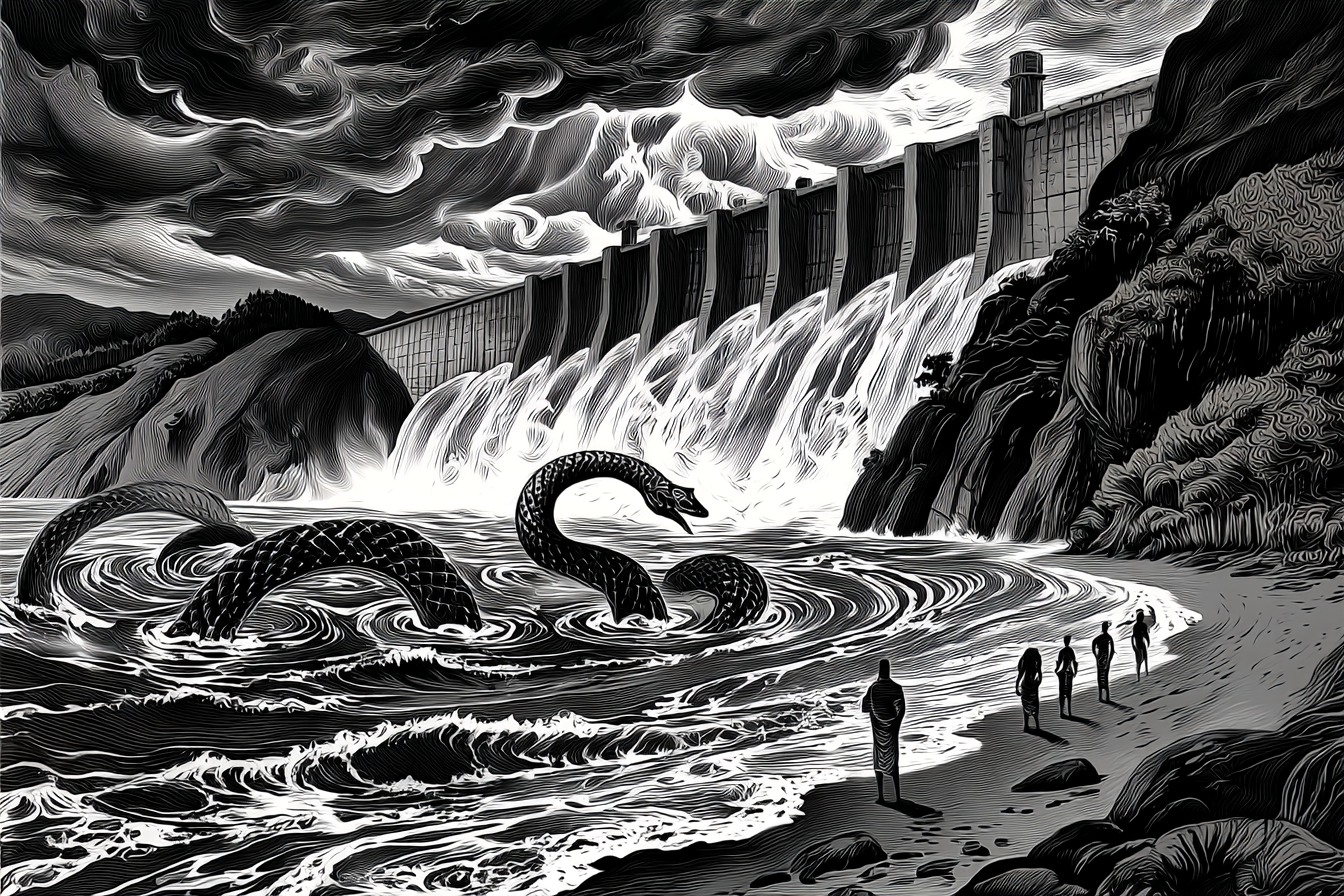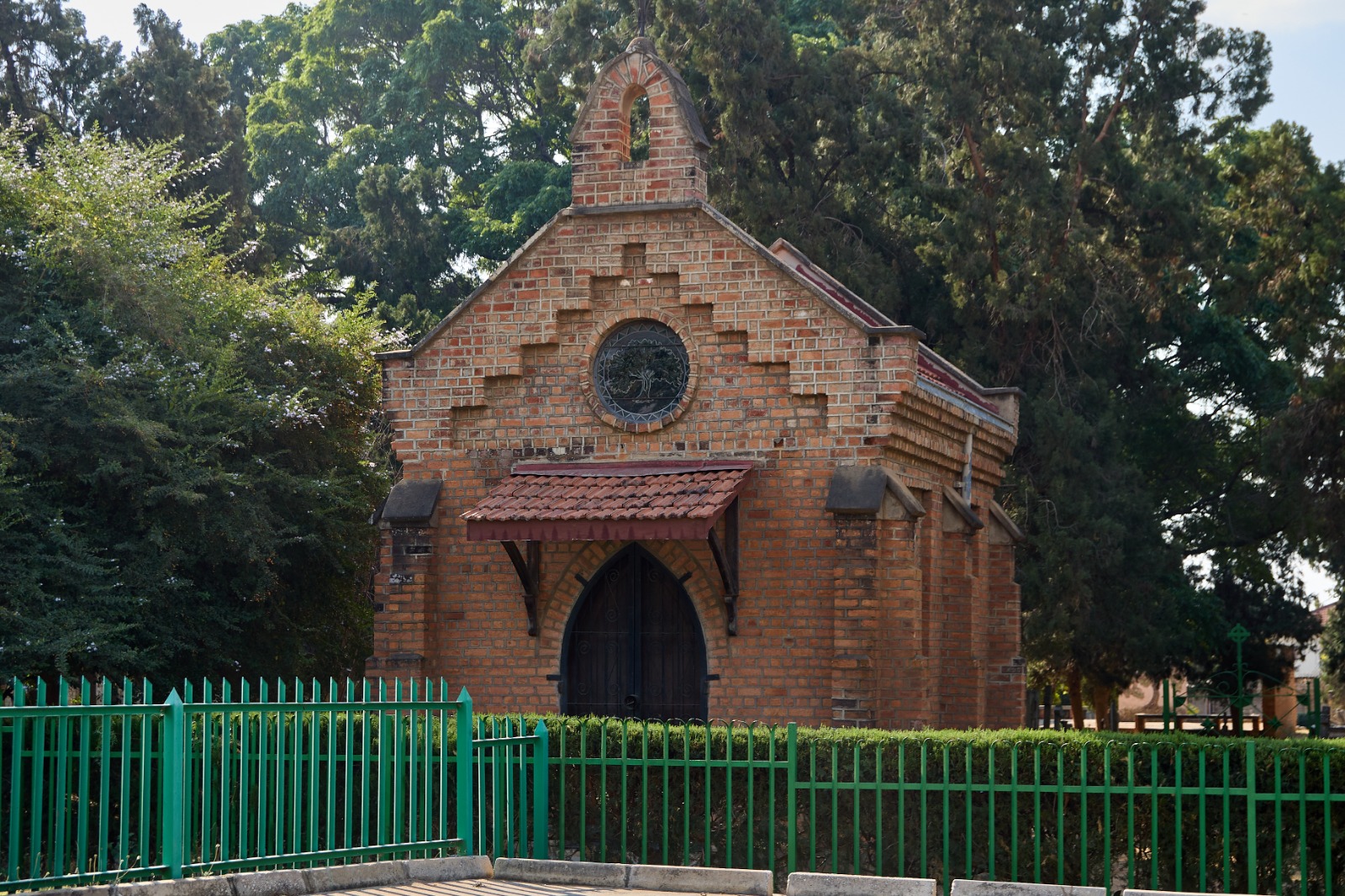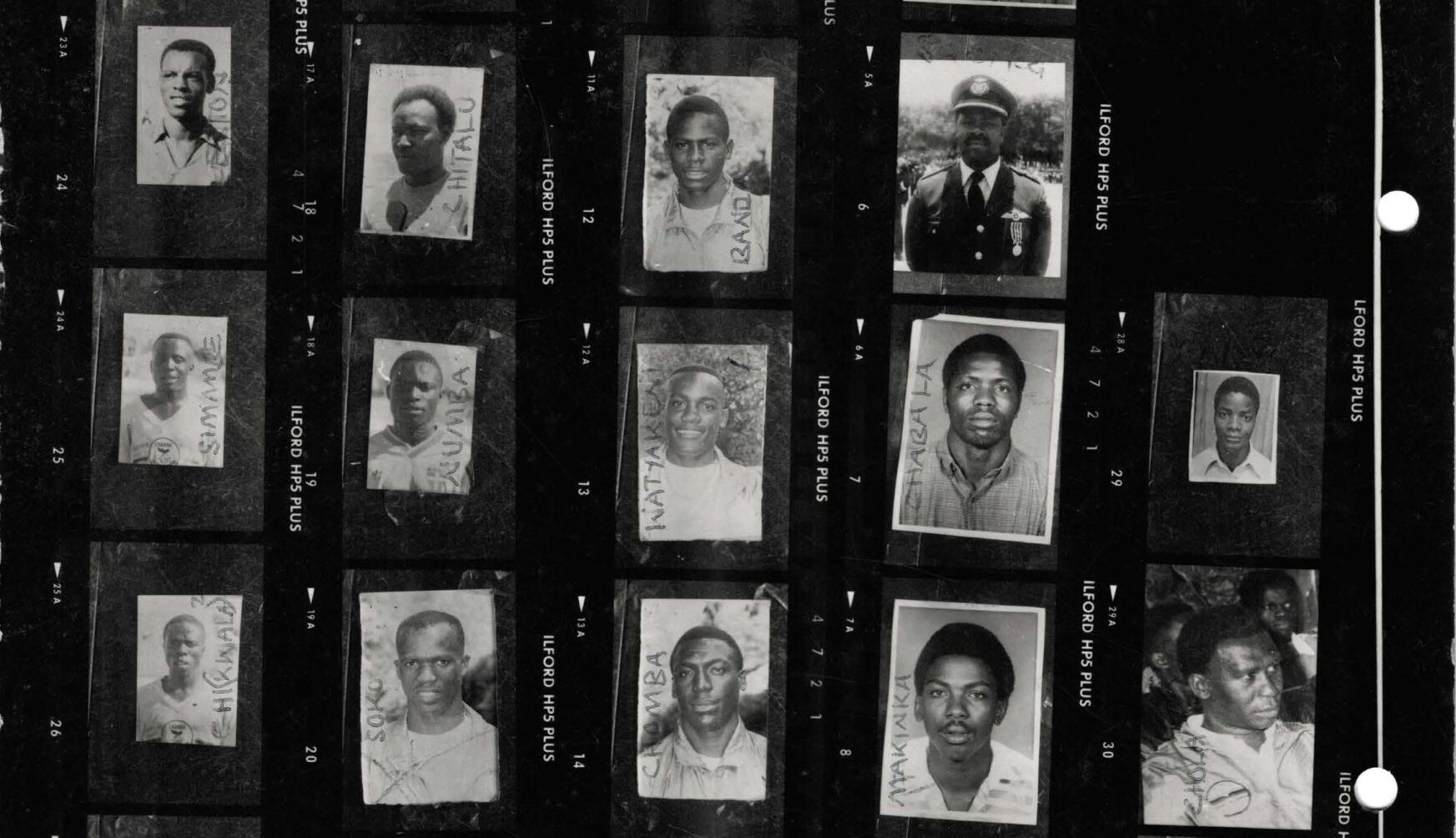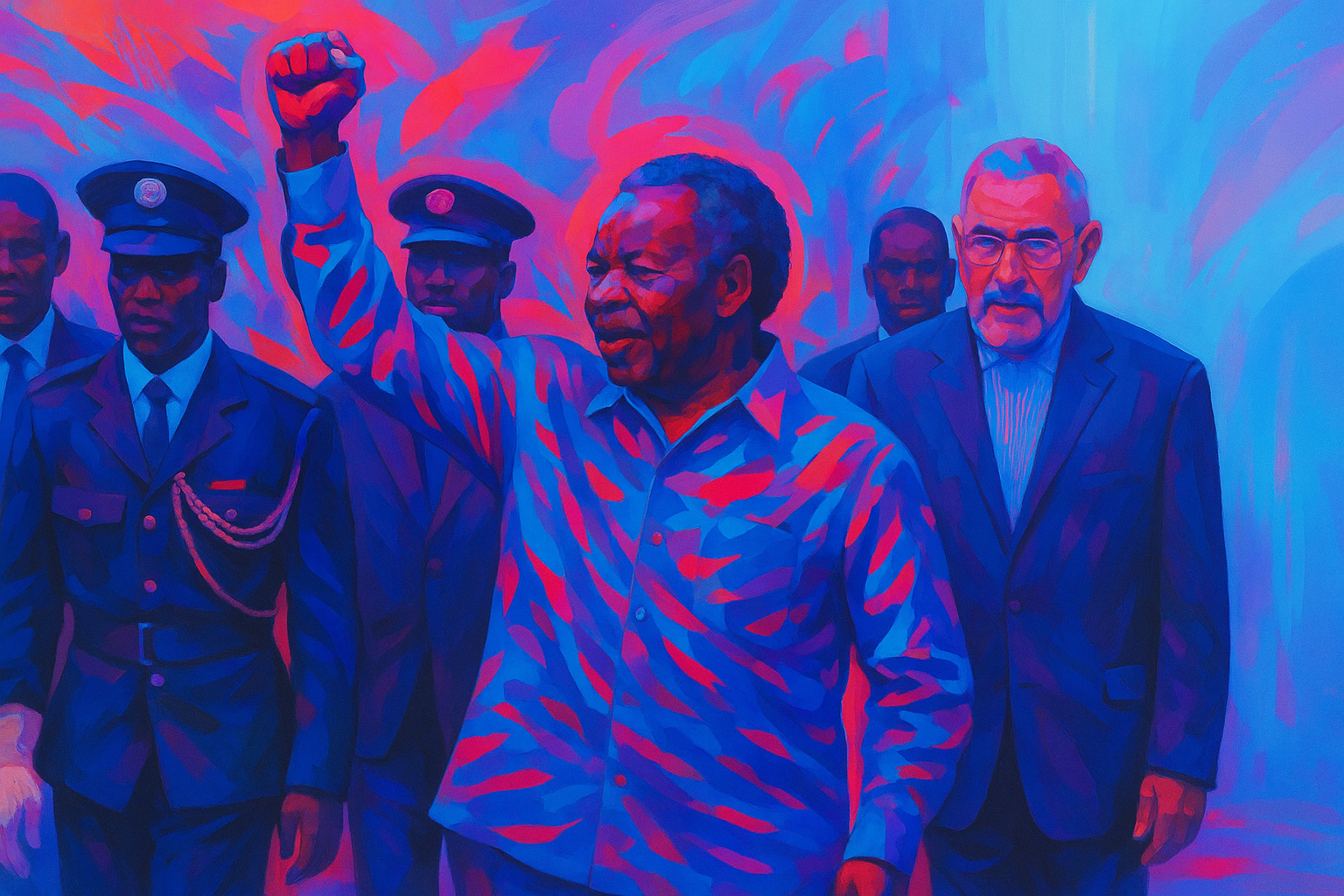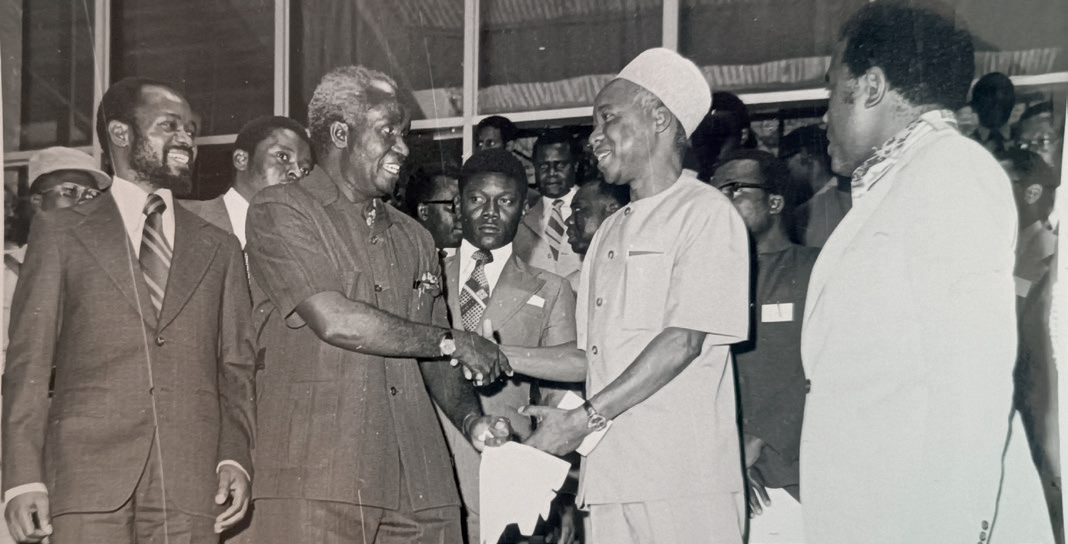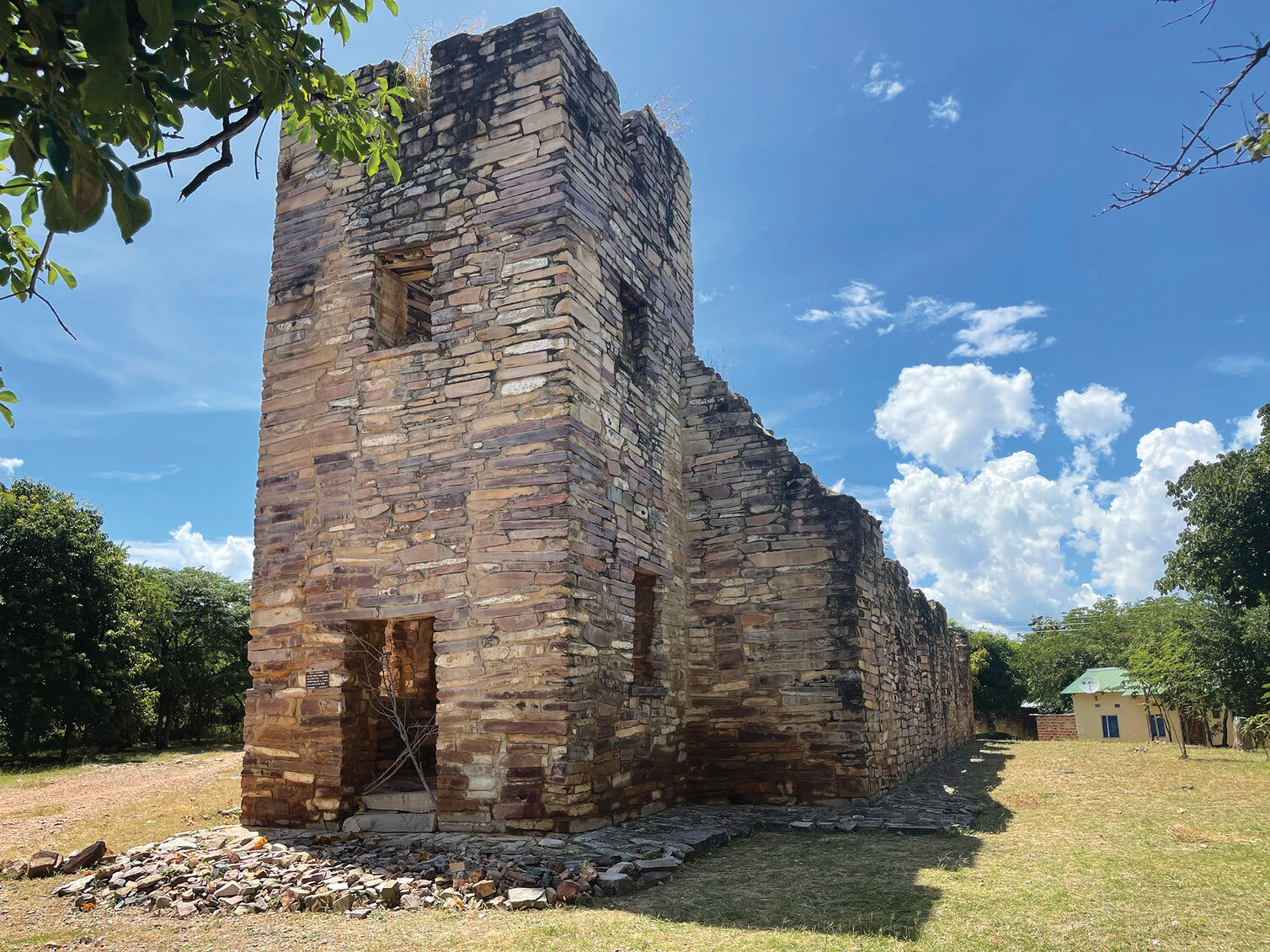On 17 June 2021, the world received the sad news of the passing on of Zambia’s first president, Dr Kenneth David Kaunda. After 21 days of mourning, Kaunda was put to rest on 8 July 2021.

So much has been written about Kaunda during his life and after his death. Some of the comments have been very flattering while others have been negative. This can be attributed to the fact that one section of writers is made up of Kaunda’s devoted hero-worshippers while the other comprises people who feel aggrieved by the past rule of Kaunda. I offer myself as someone who belongs to neither of these two groups. My aim is to give a positive but sober view of the man’s achievements.
I was born exactly 30 years after Kaunda. I became aware of the existence of the man somewhere around 1962. I remember accompanying my father to a few political rallies organised by the United National Independence Party (UNIP) that were addressed by Kaunda. I clearly recall that the man inspired a spirit of awe and admiration among those who heard him speak.
Kaunda went on to rule independent Zambia from 1964 to 1991. Having lived under his rule, I feel qualified to give an informed opinion about Kaunda’s performance as a leader. I am aware that Kaunda, being human, made some grave mistakes during his tenure of office but my focus is on the things that he did well. My view is that, apart from those mistakes, Kaunda did a wonderful job of governing this country under extremely difficult circumstances.


This view is supported by the way Kaunda was mourned by Zambia and her neighbours. An unprecedented period of 21 days of national mourning was declared. Several of Zambia’s neighbours also declared periods of national mourning for him in their countries.
It was remarkable to see a number of presidents from neighbouring countries enter Zambia to mourn Kaunda at a time when a virulent variant of coronavirus was ravaging the country. They chose to come in person to pay their last respects to a man they regarded as one of Africa’s great statesmen.
What is it exactly that made people want to honour this man in his death?
Regionally, Kaunda contributed to the liberation of neighbouring countries from colonial rule by actively supporting their independence struggles. He believed that as long as any of Zambia’s neighbours were not independent, Zambia could not consider herself truly independent. The gratitude expressed by leaders from other countries during Kaunda’s funeral was testimony to how significant Kaunda’s contribution to the liberation of their countries was.
Kaunda’s sacrifices on behalf of the Zambian people took a toll on their social and economic lives. Some of them even became bitter enemies of Kaunda because they believed that his policy was detrimental to the welfare of Zambians. They did not appreciate the fact that it is sometimes necessary to make short-term losses in order to achieve long-term gains.
On the local front, Kaunda ushered in a philosophy of oneness among the people of Zambia regardless of the tribe one hailed from. He encapsulated this philosophy in a motto that has stood the test of time: “One Zambia, one nation.”
He supplemented this motto with a one-sentence song, “Tiyende pamodzi ndi m’tima umo.” (Let us live together in unity, with one heart.)
Kaunda’s government set up local industries in various provinces of Zambia to manufacture industrial goods and domestic products in order for us to become self-reliant.
One of the greatest achievements of Kaunda’s government, one for which he will forever be eulogised, was the provision of free education to every Zambian. Kaunda’s aim was to ensure that indigenous Zambians would eventually take over most of the jobs that were being done by foreigners at the time.
Another notable achievement of Kaunda was the promotion of indigenous Zambian music. He gave a directive to local radio stations to predominantly play locally produced Zambian music. As a result of this directive, there was a proliferation of Zambian music on the scene.
Kaunda set high standards of national leadership. He lived by well-defined personal principles. He did not need to be controlled by external rules or guidelines. His beliefs and personal principles were enough to ensure that he exercised ethical leadership.
Kaunda led by example. Unlike his successors, he showed absolute faith in the medical facilities that he had helped build. He regularly visited the University Teaching Hospital (UTH) for his medical check-ups and treatment.
Kaunda lived a simple life and did not need to steal money from public coffers to sustain an extravagant lifestyle. His wife and children emulated him in that regard. One of Kaunda’s sons, Masuzyo, studied motor mechanics at Kabwe Trades Training Institute where I had the opportunity to teach him mathematics. The young man’s behaviour attested to the outcome of a good upbringing.
Kaunda was a genuine human being who was not afraid to weep in front of thousands of people. He would often break down while addressing a public meeting or conducting a press conference. Some people referred to him as “cililalila” – one who cries all the time. What cannot be denied is that Kaunda was a compassionate person who was often driven to tears by the suffering of other people.
Kaunda was a disciplinarian who not only exercised self-discipline but enforced discipline among his government ministers and public servants. He did not hesitate to take action to maintain discipline among his cabinet.
I would not be doing justice to Kaunda if I did not comment about two false statements that were made about him.

Some people were of the view that Kaunda equated himself to God because of a slogan which was shouted by his followers: “Kumulu ni Lesa; panshi ni Kaunda.” (God rules in heaven while Kaunda rules on earth.) Kaunda did not coin this phrase; his followers came up with it and it became popular throughout the country. Kaunda did not embrace the idea that he was a kind of earthly god. His own words demonstrated that he regarded God and Jesus Christ very highly.

Kaunda set high standards of national leadership. He lived by well-defined personal principles. He did not need to be controlled by external rules or guidelines. His beliefs and personal principles were enough to ensure that he exercised ethical leadership.
Then there were those who believed that Kaunda regarded Zambians as unintelligent. This conclusion was arrived at because of Kaunda’s frequent use of the phrase “stupid idiot” to describe people he regarded as guilty of certain negative behaviors and traits. It was meant to be understood as a figure of speech. Unfortunately, his detractors twisted the phrase to mean something else.
All in all, Kaunda was an enigmatic personality who was always smartly dressed, often in a safari suit, and always carrying a white handkerchief wherever he went. It is my opinion that the white handkerchief symbolised Kaunda’s unwritten individual mission statement: to help bring peace on earth.
How well did Kaunda fulfil his mission in life? Only God can truly say. As for us, we must now let Kaunda forever rest in peace.
